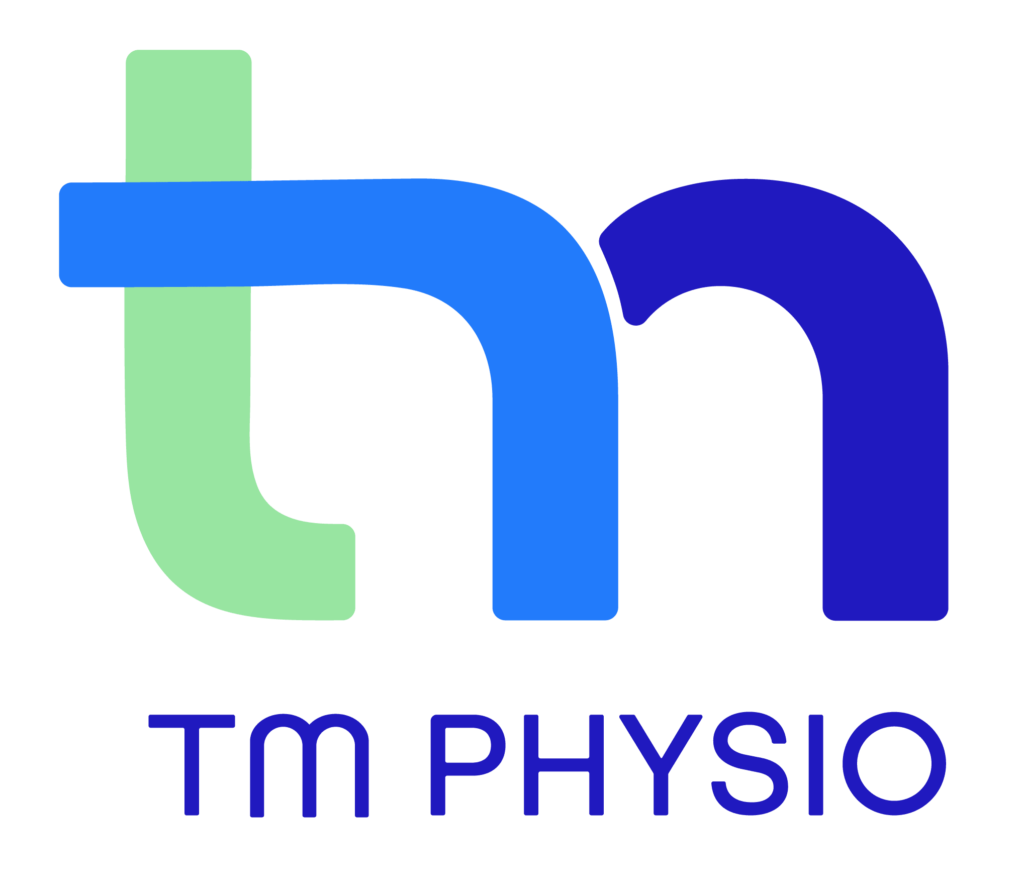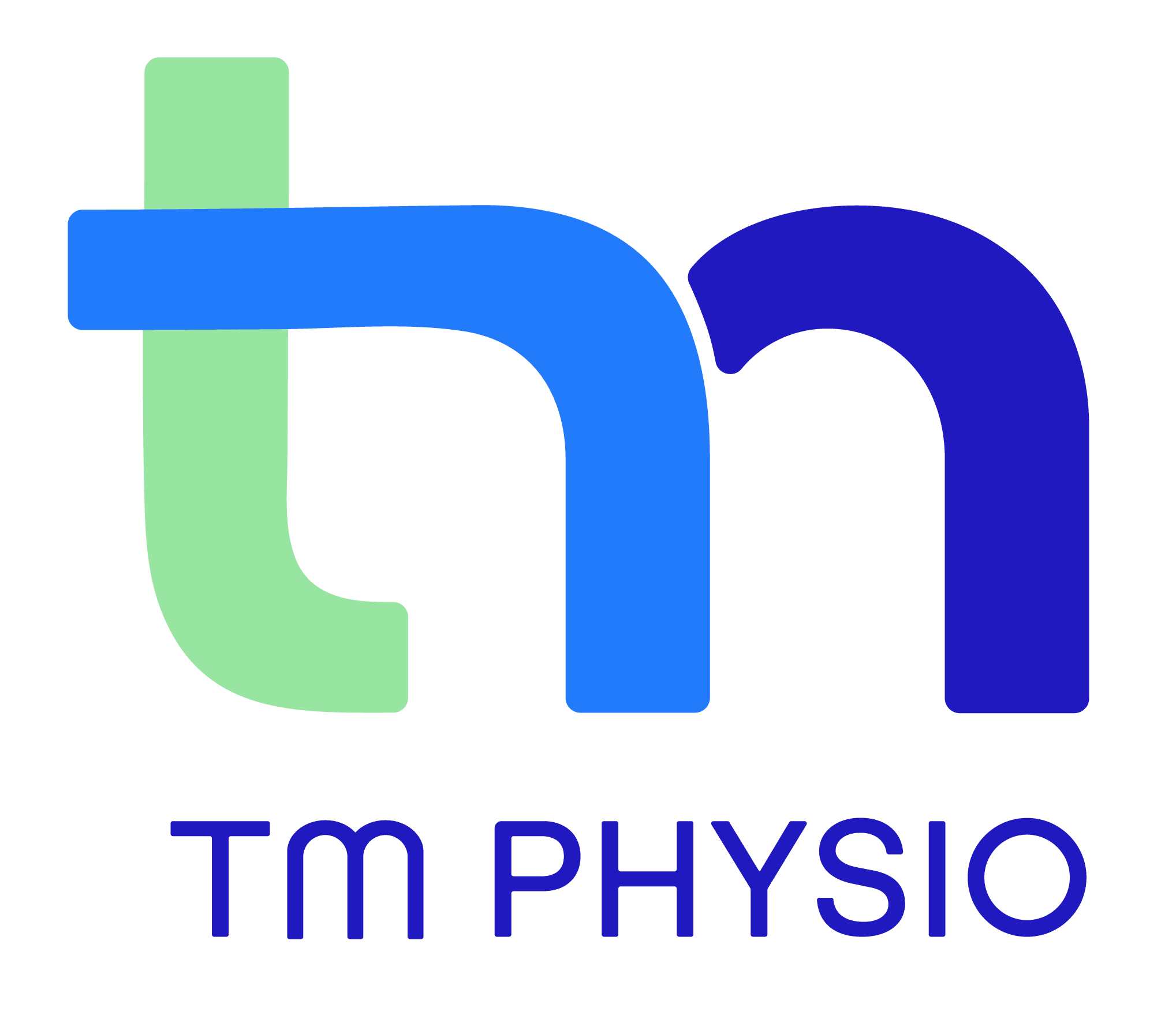Headache
How can physiotherapists help with headaches?
Can a physiotherapist help with a headache? You might be surprised to learn that the answer is yes! It just depends on what type of headache you’re experiencing – and there are a lot more than you might think!
Headache is one of the most common illnesses, with around 15 per cent of us taking painkillers for a headache at any given time. Because headaches are so common, most people think they are a normal part of life. However, a persistent headache is a sign that something is wrong. The continual use of pain medication to combat headaches is akin to removing the warning light that alerts you to a problem in your car! Medication doesn’t solve your headache, it simply offers a short term solution to dull the pain.


Some of the most common headaches includes
Headache Treatment
Physiotherapy is an extremely effective treatment for headaches.
Headaches can occur due to a variety of reasons including stress, poor posture, accidents, medications, environmental factors such as strong odours and pollution, and dietary irregularities. Nerve irritation in the neck is one of the most overlooked causes of migraine and tension headaches.
Your physiotherapist will carefully analyse potential headache triggers and perform a detailed history, orthopaedic, neurological and spinal examination to determine the cause of your headache. Upon arriving at a specific diagnosis, your care can begin.

What Can You Do To Reduce Headaches?
- Drink plenty of water
- Make sure you’re getting enough quality sleep
- Exercising regularly
- Try to reduce your stress levels and make time for relaxation
- Don’t skip meals and make sure to eat regular, healthy snacks to maintain your blood sugar levels
- Notice if there are particular foods, drinks, smells or environmental factors (such as lighting conditions) that trigger headaches so that you can avoid these in future
- If you are sitting at a desk for long periods of time, stretch your neck, shoulder and back muscles regularly
- Warm up and cool down properly after exercise

